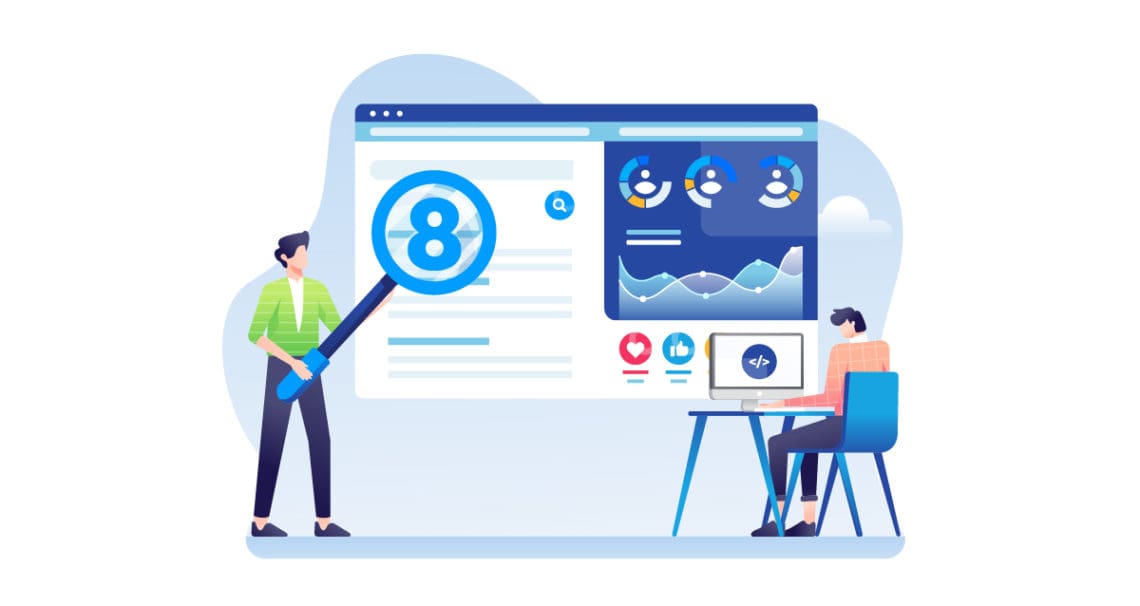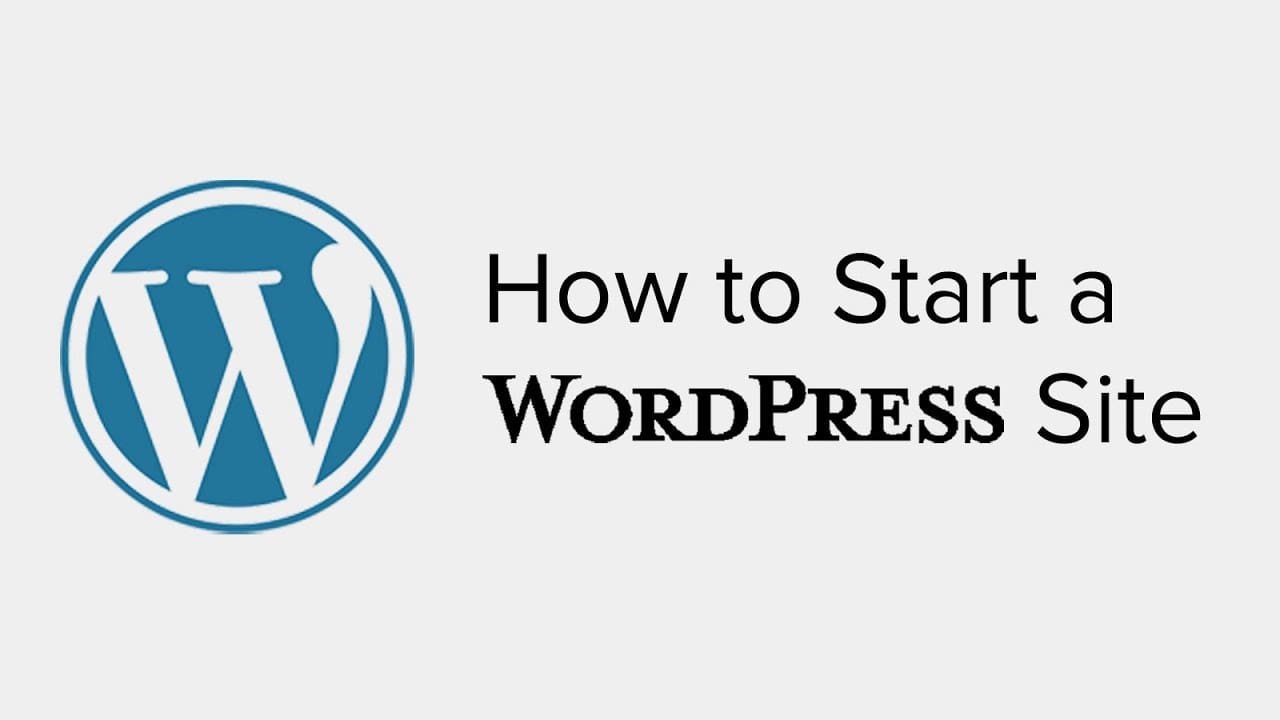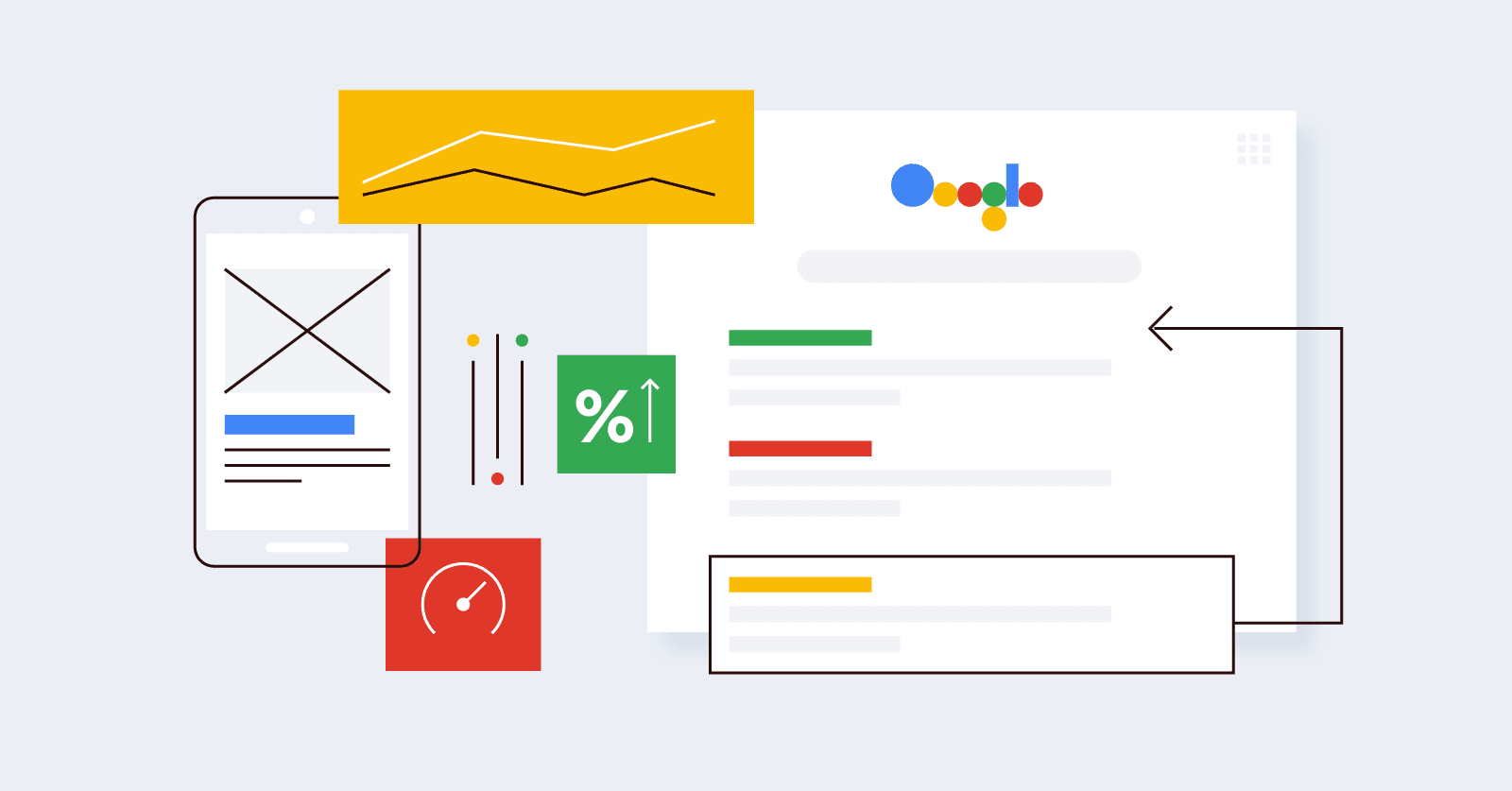One of the most important aspects of a successful business is having a well-designed and highly functional website. If you are currently looking for a web design company that matches your needs then this can sometimes take time. This is a decision that requires your patience and research, as you want to pick a design company that can help you succeed. If you don’t know where to start then you have come to the right place.
Here are 5 qualities to look for when hiring a web design company.
Experience In Your Industry
First of all, one of the main things to consider when hiring a web design company is their experience and any experience that is relevant to the industry your business works in. If you are a catering business, and a web design company you are checking out have only done websites for funeral homes for example, then their experience is limited and not compatible with your company. You want to hire a web design company that you can have full confidence in and experience will play a huge part in achieving this. You can narrow down your options by including companies that have experience in businesses like yours. This will save you a lot of time going through companies who seem like great options until you realise they have never worked with a format before that you need. This may seem harsh, but web design companies who have created similar websites will be able to produce something more sophisticated and on a much quicker timeline than those who have not. The bottom line is that your best bet is to use a designer who has worked with businesses just like yours.
A Vast Portfolio
Whatever company you want to hire, you should always check out examples of their previous work and ask to see their portfolio. The portfolio does not need to be flashy and exotic, it just has to be neat, practical and well-designed. A good example of what a portfolio looks like comes from this website design company in Toronto, you can see that their portfolio is vast, unique and clean. It can be tempting to hire web designers who are new to the game, however, the risk of using a startup web design company is that they do not have a track record or experience. On the one hand, you might get lucky and find a new talented designer who can nail your brief, but on the other hand, you risk working with an amateur who over promises and underperforms. Hiring someone with a vast portfolio is a surefire way to get the website design you want. Asking a design company for examples of their work helps you to see what their style is like, how they typically layout pages, and how they create an aesthetically pleasing and functional website. As a rule of thumb, if a company has an impressive collection of previous work, this tends to be a good indicator that the company can create something fit for your needs.
Appropriate Pricing
Another key aspect to consider when hiring a web design company is how much they charge and whether this fits within your budget. Before you start to research your options, it is a good idea to set yourself a budget. This will help you to narrow down options too, as you can rule out anything that is way out of your budget range. Also, it will prevent you from overspending as you will have a good idea in mind as to how much you can spend. While there are a lot of factors to consider, money is one that you can’t avoid having to think about. So, when looking to hire a web design company you need to get an exact idea of what they charge for their services and what services they can provide. Ask the company to spell out where the charges go, how long they expect to work on your website and any other questions you have. The more information you have on where the money is going, the better, as you can ensure you get the best value for your money. The main takeaway here is that you need to stick to your budget and get your potential design companies to prove that they are worth what they charge.
A Good Reputation
Another key quality to look out for when hiring a web design company is a good reputation. You must take the time to research your options thoroughly and look for previous customer testimonials and reviews. You will be able to get a fuller idea of what a company is like based on their reviews, so take the time to go through them and try to cross-reference reviews over multiple websites so that you don’t fall victim to believing fake reviews. If a company continuously has good reviews, then you know that chances are they are going to be a reputable company that can help you out. If a company is offering you really cheap rates, definitely be sure to check out their reviews because often if it seems too good to be true, it is.
Expansive Knowledge
When considering and talking to your potential web design companies, it’s important to ask about their knowledge. You will need them to be able to explain to you in simple terms their methodology, strategy, timelines, milestones and more. If a company seems like they are being vague on these details this could be a warning sign that they do not know as much as they are making out. Additionally, if they find it hard to explain these components to you then working together on a long-term project could be difficult. On the flip side, if a company can answer your questions in detail and provide easy to understand explanations and information then this is an indicator of a company that knows what they are doing. The saying ‘knowledge is power’ is perfectly apt in this situation as the more expansive their knowledge, the better your website will be and this is what will give power to your business.
So there you have it, five of the most important qualities you need to look for when hiring a web design company. Whether it is for business or a personal page, you want to have full confidence in your website and hiring the right web design company will allow your website to thrive.





